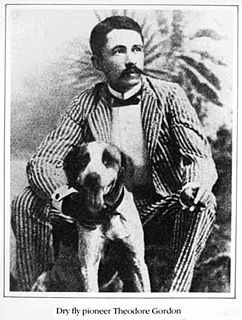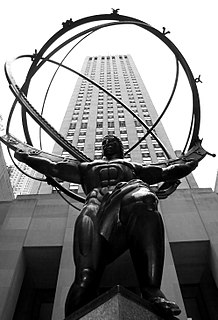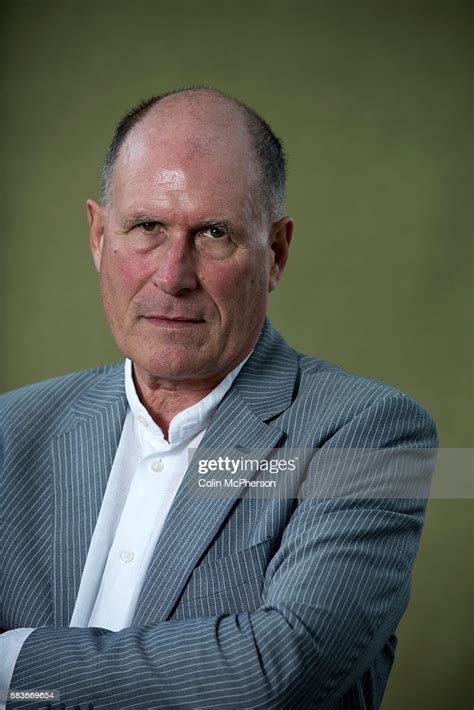A Quote by Randall Jarrell
One of the most puzzling things about a novel is that "the way it really was" half the time is, and half the time isn't, the way it ought to be in the novel.
Related Quotes
A writer always wears glasses and never combs his hair. Half the time he feels angry about everything and the other half depressed. He spends most of his life in bars, arguing with other dishevelled, bespectacled writers. He says very 'deep' things. He always has amazing ideas for the plot of his next novel, and hates the one he has just published.
One of my favourite contemporary fiction writers is a Texan, Ben Fountain. His extraordinary novel, Billy Lynn's Long Half-Time Walk, all takes place within the half-time show at a Dallas Cowboys football game. No one has better summed up the American appetite for spectacle, the link between sports and politics, and the absolute madness of George W. Bush's Iraq War.
There is a document in every novel in the world. Even in the most fantastic novel, even in science fiction, there is a documentary side. But, this side is not the crux of the matter. I don't think a novel's main donation, main gift, is the document. The document is there, but a novel goes beyond documentation. It goes into opening a new vista, opening a new perspective, showing familiar things in an unfamiliar way.
The average detective story is probably no worse than the average novel, but you never see the average novel. It doesn't get published. The average -- or only slightly above average -- detective story does.... Whereas the good novel is not at all the same kind of book as the bad novel. It is about entirely different things. But the good detective story and the bad detective story are about exactly the same things, and they are about them in very much the same way.
Madly, futilely, I wrote novel after novel, eight in all, that failed to find a publisher. I persisted because for me the novel was the supreme literary form - not just one among many, not a relic of the past, but the way we communicate to one another the subtlest truths about this business of living.






































